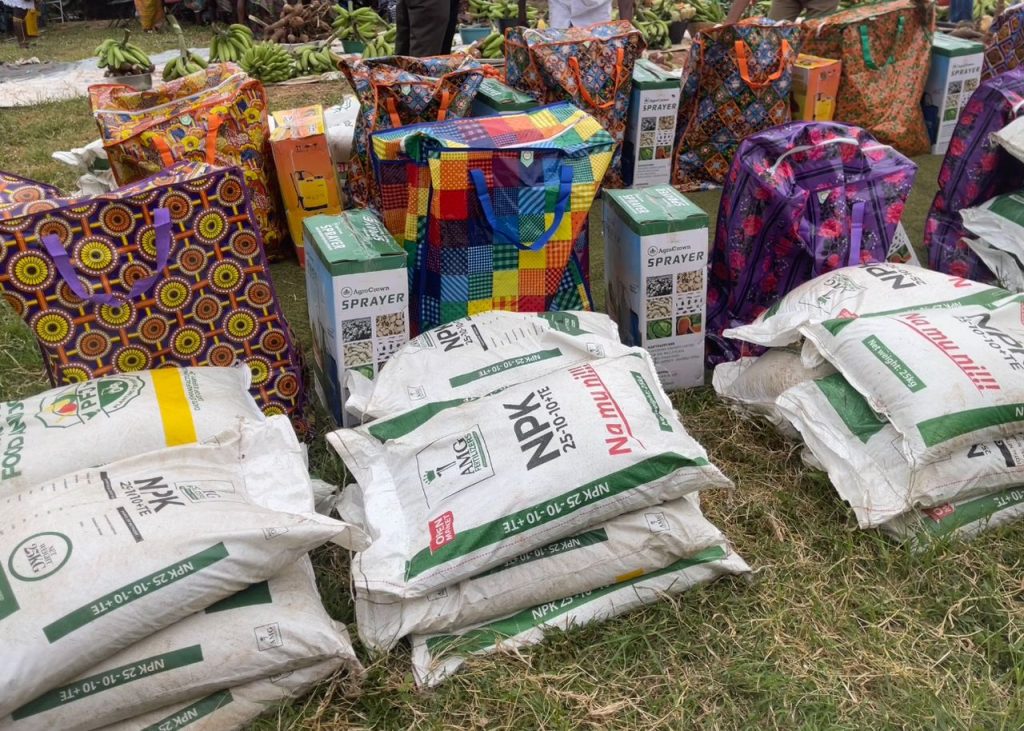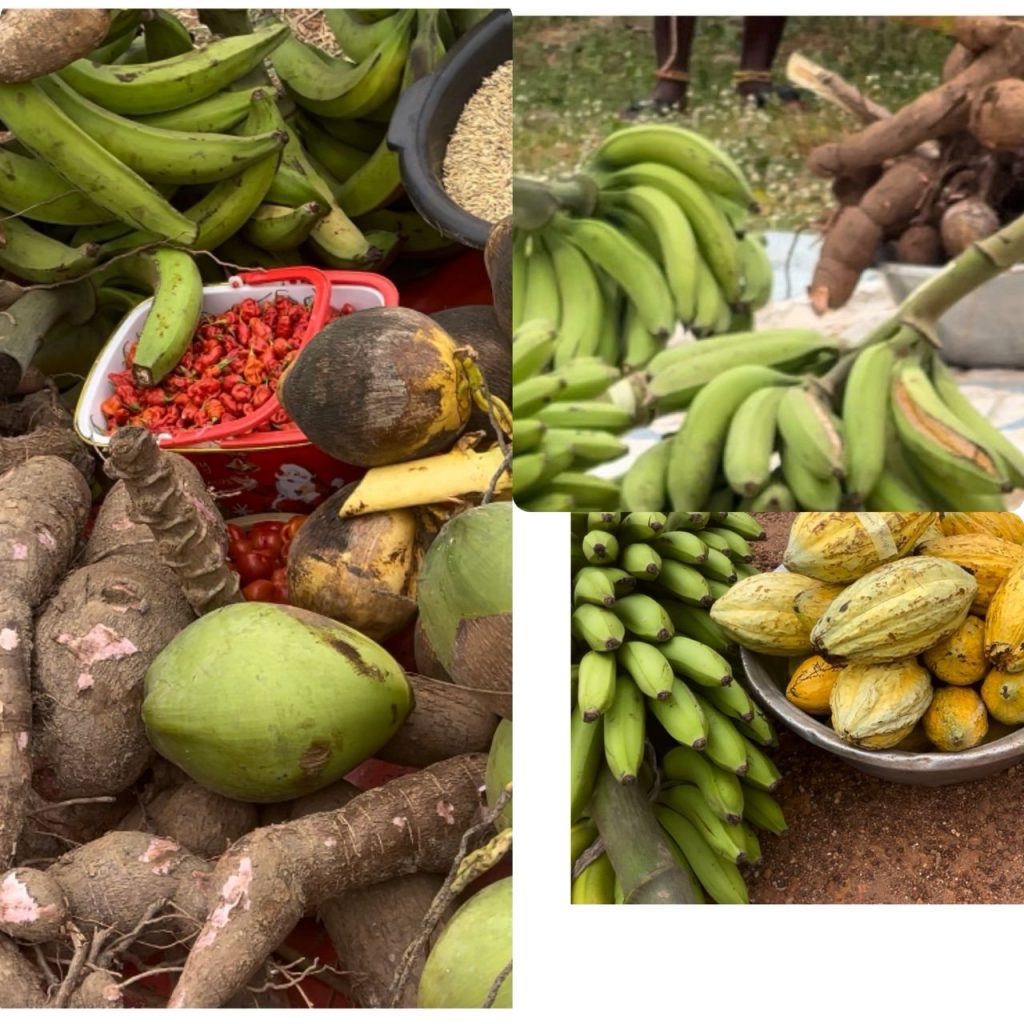Atwima Kwanwoma Agric Director Praises Government’s Planting for Food and Jobs Phase Two*

The District Director of Agriculture for the Atwima Kwanwoma municipal , Mrs. Juliana Mensah, has commended the Ghanaian government for its continued support of farmers through the second phase of the Planting for Food and Jobs (PFJ) initiative. Speaking during this year’s farmers day celebration at Dida in the Atwima Kwanwoma municipal today,
Mrs Juliana Mensah emphasized that the PFJ phase two is designed to address the pressing challenges farmers face, providing essential inputs and technological support to enhance productivity and food security.
“The government’s introduction of PFJ phase two is a significant boost for our farmers,” Mrs. Mensah noted. “The support helps them overcome various obstacles in farming, particularly with access to high-quality seeds and inputs tailored to increase yields.” She praised the government for its response to the needs of farmers, particularly in the Northern Region, where maize and cash support were recently extended to those who had suffered crop losses.
Mrs. Juliana Mensah also stressed the importance of environmental conservation, urging Ghanaians to refrain from cutting down trees, which, she noted, exacerbates climate change issues and affects farming. “If we want to see sustained agricultural growth and stability, we must protect our environment,” she advised. “Trees play a critical role in maintaining our ecosystem, and cutting them indiscriminately disrupts this balance.”
Furthermore, she encouraged farmers to adopt climate-smart agricultural practices, particularly the use of drought-resistant crop varieties. “Technology and innovation are essential for the future of farming,” Mrs. Mensah said. “With the unpredictable climate, drought-resistant crops can help secure food supplies, even in challenging weather conditions.”
On his part, the Dida Hene, Nana Poku Kwarteng III, also addressed the gathering, urging farmers to shift toward mechanized farming techniques. He highlighted that while traditional methods have served well in the past, modern mechanized farming is more efficient and suited to the demands of today’s agricultural landscape. “To increase productivity and ensure sustainable farming, it is time we embrace mechanization,” Nana Poku Kwarteng III asserted. “This will not only boost yields but also make farming less labor-intensive.”






